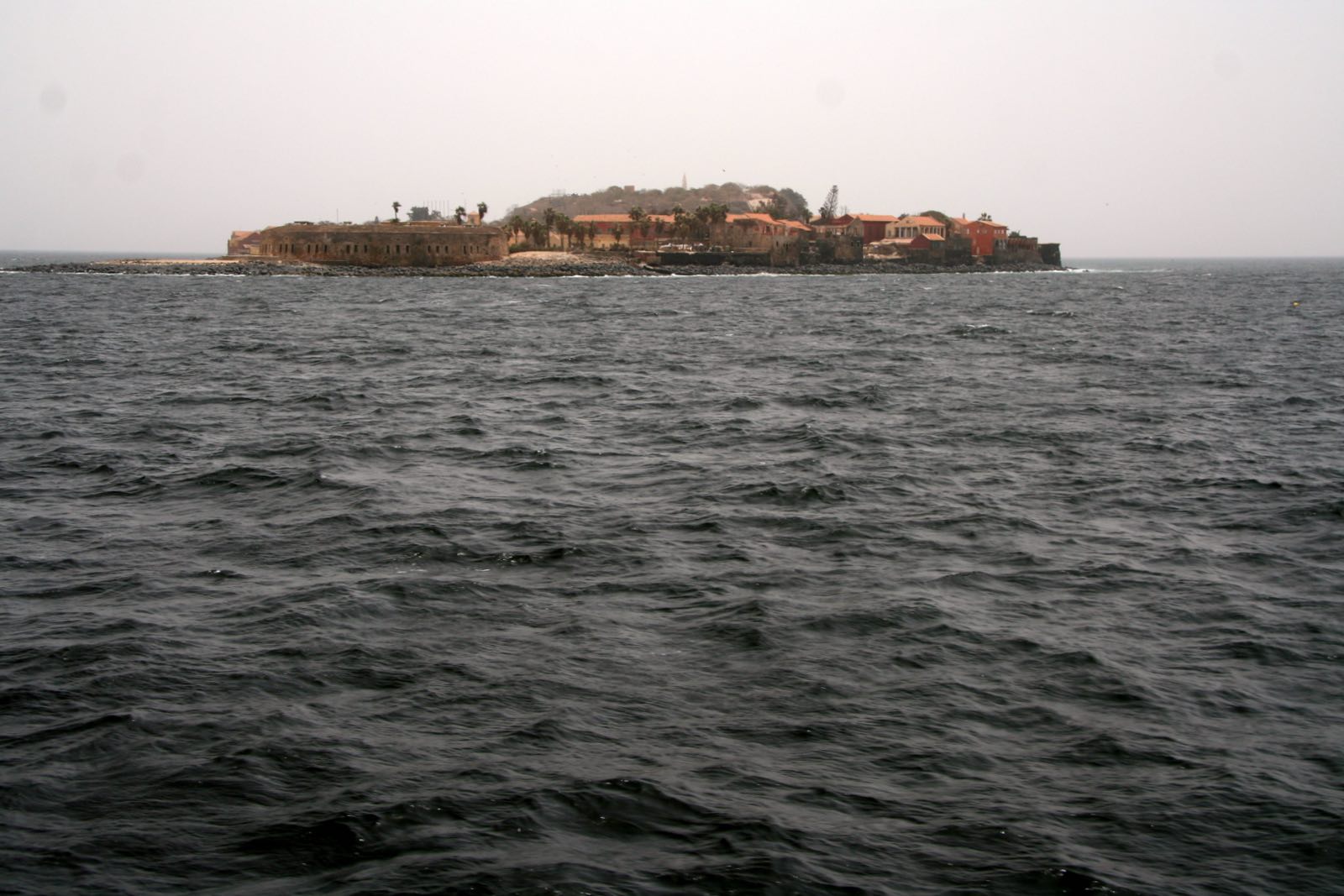
Democraticizing Money
International Monetary System
Writing in the turbulent 1970s after the breakdown of the Bretton Woods regime of fixed exchange rates, Pouemi anticipated the three “fundamental flaws” with the international monetary “non-system”: one, using a national currency, the US dollar, as global currency; two, placing the burden of adjustment exclusively on deficit nations; and, three, the “inequity bias” of the foreign reserve system, which makes it a form of “reverse aid.” All three issues have been highlighted by the economic impact of the COVID-19 pandemic.
Long recognized as a problem, the challenges with using the US dollar as the world’s currency have once again become apparent. Low- and middle-income countries (which include essentially all African countries) have to deal with the vicissitudes of the global financial cycles emanating from the center of the global capitalist system. As the Federal Reserve raises interest rates to combat inflation by engineering a recession—because if borrowing costs rise, people have less money to spend and prices will decrease—they are increasing the debt burden of African governments that have variable-rate loans in US dollars. Already, the World Bank has warned of a looming debt crisis and the potential for another “lost decade” like the 1980s. Moreover, higher interest rates in the US lead to the depreciation of African currencies, making imports more expensive and leading to even higher food and oil prices across the continent.
Pouemi viewed the IMF’s attempt to create a global currency through the 1969 establishment of the special drawing rights (SDR) system as an inadequate response to the problems created by using the US dollar. The issuance of SDRs essentially drops money from the sky into the savings accounts of governments around the world. The IMF has only issued SDRs four times in its history, most recently in August 2021 in response to the COVID-19 pandemic. With African governments dealing with falling export earnings and the need to import greater amounts of personal protective equipment—and, eventually, vaccines—there was a clear need to bolster their savings, i.e., foreign reserves. The problem is that the current formula for allocating SDRs provides 60% of them to the richest countries—countries that do not need them, since they can and have borrowed in their own currencies. Of the new 456 billion SDR (approximately US$650 billion), the entire African continent received only 5% (about US$33 billion).
Decades ago, Pouemi had slammed SDRs as “arbitrary in three respects: the determination of their volume, their allocation and the calculation of their value.” Instead, Pouemi advocated for a truly global currency, one that could be issued by a global central bank in response to global recessions and that prioritized financing for the poorest countries. Such a reorientation of SDRs could provide a way of repaying African nations for colonialism and climate change.
Secondly, unable to get the financing they need, African governments with balance-of-payments deficits (when more money leaves a country than enters in a given year) have no choice but to shrink their economies. Pouemi strongly criticized the IMF, which he dubbed the “Instant Misery Fund” for applying the same “stereotypical, invariable remedies: reduce public expenditures, limit credit, do not subsidize nationalized enterprises” regardless of the source of a country’s deficits. Devaluing the currency is unlikely to work for small countries that are price takers in world markets and instead improves the trade balance by lowering domestic spending. The IMF has become “a veritable policeman to repress governments that attempt to offer their countries a minimum of welfare.” The current international monetary non-system then creates a global “deflationary bias,” since those countries with balance-of-payments deficits must reduce their spending, while those with large surpluses—like Germany, China, Japan, and the Netherlands—face little pressure to decrease their surpluses by spending more.
The third major issue with the current international monetary non-system is that developing countries have to accumulate foreign exchange reserves denominated in “hard” currencies like US dollars and euros, which means they are forced to transfer real resources to richer countries in return for financial assets—mere IOUs. Pouemi claimed that “if the international monetary system was not ‘rigged,’ reserves would be held as other goods like coffee or cocoa, gold for example. But the system is ‘rigged’; coffee reserves are quantified as dollars, pound sterling or non-convertible francs.” Instead, in the late 1970s, governments like that of Rwanda effectively lent coffee to the United States by using export earnings to purchase US treasury bills, whose real value was being quickly eroded by high inflation in the US. Hence, we live in a world where developing countries like China and Brazil lend money to rich governments like that of the US. As Pouemi explains: “The logic of the international monetary system wants the poor to lend to—what am I saying—give to the rich.”
A Dubious Facade..?
Conclusion
As Pouemi so eloquently lamented: “History will hold on to the fact that all of [Africa’s] children that have tried to make her respected have perished, one after the other, by African hands, without having the time to serve her.” We do not know what Pouemi could have accomplished had he had the time to serve Africa for longer. All we can do is heed his call that “in Africa, money needs to stop being the domain of a small number of ‘specialists’ pretending to be magicians.”
About the Author
Francisco Perez is Executive Director of the Center for Popular Economics.
Source: Originally Published @ Africa Is A Country







